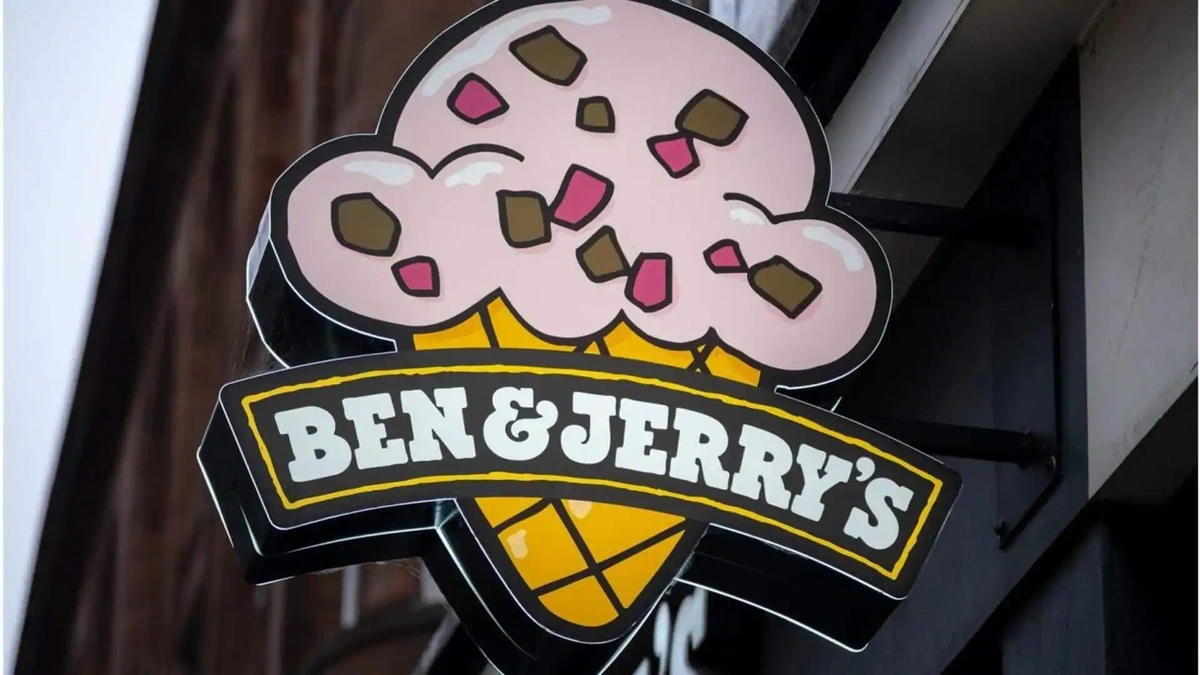Ben & Jerry’s, that purveyor of chunky monkey goodness and politically charged pints, has been a subsidiary of Unilever since 2000. Sounds simple, right? But here’s the thing: it’s anything but. What fascinates me is how this acquisition has played out, becoming a case study in corporate responsibility, brand identity, and the delicate dance between profit and purpose. This isn’t just about ice cream ; it’s about what we expect from the companies we support.
The Agreement | A Foundation of Independence

When Unilever acquired Ben & Jerry’s, it wasn’t a typical takeover. A key part of the deal was an agreement that preserved the Ben & Jerry’s independent board of directors and its mission to use the company to advance social causes. This independent board had the authority to make decisions about the brand’s social mission, even if those decisions weren’t necessarily aligned with Unilever’s overall business strategy. Unilever committed to maintaining Ben & Jerry’s unique brand identity and its dedication to social activism, a commitment they memorialized in the acquisition agreement. As per the guidelines mentioned in the information bulletin from Unilever at the time, preserving the brand’s identity and values was paramount.
Clash of Cultures | When Values Collide
But, and this is a big but, tensions have inevitably arisen over the years. Let’s be honest, Unilever is a multinational conglomerate, focused on maximizing shareholder value. Ben & Jerry’s, on the other hand, sees itself as a force for social good. This difference in core values has led to some very public disagreements. For instance, Ben & Jerry’s has taken stances on issues like climate change, racial justice, and LGBTQ+ rights, sometimes putting them at odds with Unilever’s broader interests or the political climate in certain markets.
A common mistake I see people make is assuming that Unilever is in complete control. Not quite. The independent board has real power, and they haven’t been afraid to use it. Consider the controversy surrounding Ben & Jerry’s business in Israeli-occupied Palestinian territories. The independent board decided to stop selling ice cream in those territories, a move that sparked considerable debate and legal challenges. Unilever, while disagreeing with the decision, ultimately had to respect the board’s authority.
The Bigger Picture | What Does It Mean for Us?
So, why does this matter to you, the average consumer? It highlights a growing trend: consumers are increasingly demanding that companies take a stand on social issues. They want to support brands that align with their values. But this also raises complex questions about the role of corporations in society. Should companies be political activists? Or should they focus solely on providing goods and services? The relationship between Unilever and Ben & Jerry’s is a microcosm of this debate.
What fascinates me is the inherent tension in this kind of arrangement. Can a company truly be both a profit-driven enterprise and a force for social change? And can a multinational corporation like Unilever successfully manage a brand with such a strong and independent social mission? These are questions that have no easy answers, and the Unilever-Ben & Jerry’s saga provides a fascinating case study. According to the latest circular on the official Unilever website, this acquisition is a model for future brand integration.
The Future of the Partnership
Where does this leave us? What can we expect in the future? It’s hard to say. The relationship between Unilever and Ben & Jerry’s is likely to remain a complex and sometimes contentious one. There will undoubtedly be future disagreements and challenges. But the fact that this partnership has lasted for over two decades suggests that it is, at least in some ways, working. The one thing you absolutely must double-check on your ice cream pint is the expiration date! .
The key takeaway? This story is a reminder that business decisions are never made in a vacuum. They are always influenced by social, political, and ethical considerations. And as consumers, we have a role to play in shaping those considerations by supporting the brands that align with our values.
The core issue is Ben & Jerry’s activism within Unilever’s framework. Many sources suggest that the key will be how well Unilever balances its need for profit with Ben & Jerry’s commitment to social responsibility. What makes it all the more interesting is the potential for other companies to follow suit, modeling their brand integrations after this unique business strategy.
What’s interesting is the ongoing discourse regarding corporate social responsibility and the true meaning of a brand’s voice. A lot of what happens boils down to consumer perception and whether the brand remains authentic to its base. This authentic activism is a must in the current climate.
The truth is, the dynamics of Unilever acquisitions always involve complexities, with the success depending on respecting brand identity. Another key takeaway is understanding that Unilever brand strategy relies heavily on the acquired entity’s existing ethos.
FAQ | Unilever & Ben & Jerry’s – Unpacking the Details
How does Ben & Jerry’s maintain its independence under Unilever?
An independent board of directors retains decision-making power on social mission aspects.
What are some examples of disagreements between Ben & Jerry’s and Unilever?
Differing stances on political and social issues, such as the Israeli-Palestinian conflict.
What’s the significance of this partnership for consumers?
It highlights the growing demand for companies to align with consumer values.
Is Ben and Jerry’s ethical ice cream?
Ben and Jerry’s strives to use ethical sourcing and promote social responsibility.
What happens if Ben & Jerry’s makes a decision that hurts Unilever’s profits?
Unilever is contractually obligated to respect the independent board’s decisions.
How has Unilever influenced Ben & Jerry’s since the acquisition?
Unilever has provided resources, but respects Ben & Jerry’s social mission decisions.
In the end, the Unilever-Ben & Jerry’s story isn’t just about ice cream; it’s about the evolving relationship between business, society, and the choices we make as consumers.




